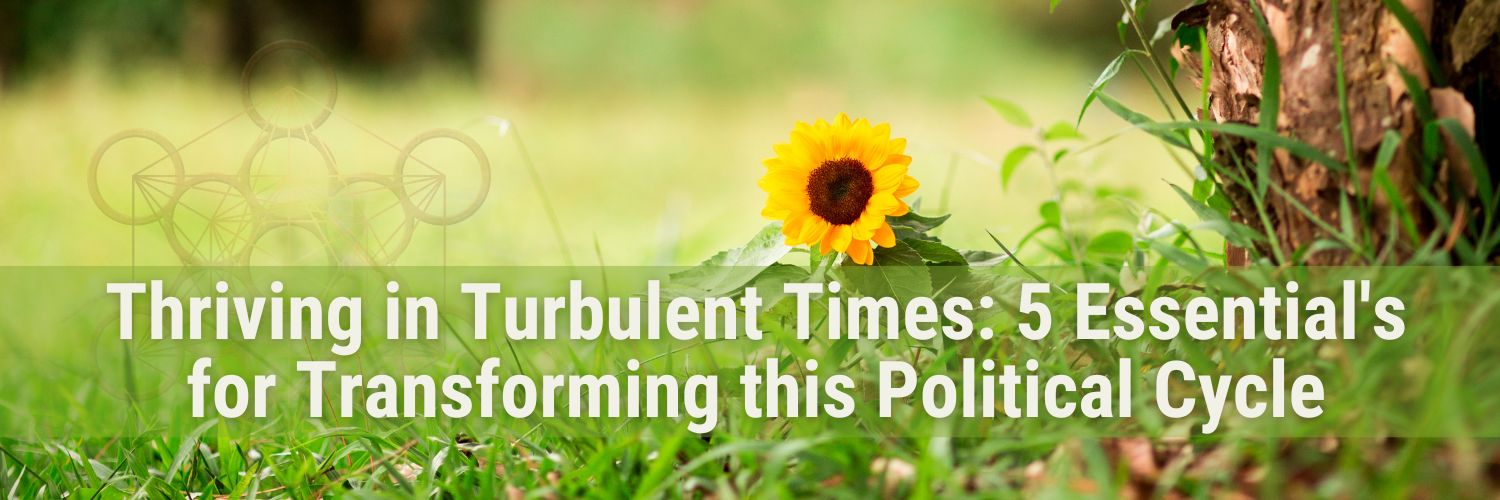
One of the easiest and hardest things you will ever do is support someone you love with the loss of someone or something that they love. Losing a beloved human, pet, house, or job; are all profound and experienced differently by everyone. Grieving the loss of a beloved can bring an unsuspecting person to a crumpled pile on the floor. It often redefines the idea of devastation for the people experiencing it. Being a grief counselor and working with those who are grieving has taught me a lot about how people grieve differently but having lost vital loved ones, friends, and lovers at every stage of my life by everything from cancer to murder has made me an expert. Theorizing about what you think it would feel like does not compare to experiencing it. For this reason, I’ve put together a list of the top do’s and don’ts. Relationships can be made or broken at this fragile time of grieving and mourning, and not everyone is comfortable with the process. I have created this list for your consideration.
Don’t Say Anything if You are Not Sure Say What to
The best thing to do if you’re not sure what to say to someone who is grieving a loss is to say, “I am not sure what to say here.” For the grieving, sometimes there are no words, and often no words are better than wrong words. Hello, I love you, and I am sorry, are all good minimalist strategies when you want to acknowledge someone and their loss but aren’t sure what to say.
Don’t ignore
Friendships are made and lost in times of grief, so if you care about someone who is grieving do anything you can to show up for them even if you are uncomfortable and don’t know what to do. Everyone knows how to wash a dish, sweep a floor, or make a cup of coffee. Not everyone knows how to emotionally comfort another person in times of trouble so it is best to stick to what you know. Bring whatever you do best into the situation, just being there can make a world of difference for a grieving person.
Don’t Compare
Whatever you do; do not compare your situation or experience to theirs. Telling them that you understand what they are going through really isn’t helpful because just possibly you don’t. Nothing makes a grieving person feel more isolated than feeling like no one understands, however that very sense of isolation is a part of the grief experience and there is nothing you can do to change that until the person is ready to align with those who have had similar experiences. Sometimes speaking up with the, “I completely understand” elicits an angered response if you’ve not taken the time to understand what experience they are having.
Wrong Words
I’ve always been that person who finds a little wisdom in all things, but for our purposes here, there are definitely things that you should not say. For the short list; “Keep your chin up”. “She’s in a better place”, “They had a good long life”, are all absolutely ones to take off the list. It may be true that the grieving one should keep their chin up, or that the one they lost is in a better place but honestly, it’s not for you to say. I have found that in grieving losses, there is always something that you do not know about the situation or relationship that the person experiencing the loss knows. It is called complicated grief. For example, if a husband beats a wife and then he dies unexpectedly, the wife is left to grieve not only her loss but the unresolved relationship she has to him, herself, and then to the people in her life that didn’t know what was going on. Her time of grief is not the time for you to talk about how great your relationship is and how lucky you are to still have your husband… being mindful and present to what others are feeling is most important.
Be of Service
Often times grieving makes regular mundane daily activities incredibly difficult, so bringing food, cleaning the house, or tending to the garden will all be helpful. When my mom died, my step dad didn’t really know what was going on with all the bills because my mother had always handled them. He was so thankful when my sister offered to sit down with him every month to get it all organized and make sure everything was paid and nothing got over looked. It is best to always ask what is needed before taking action. Whatever you do, if you make an offer, follow through with it.
Find a Way to Process your Own Grief
I know a lady who was diagnosed with ovarian cancer. In a state of shock she made her way over to her best friend’s house. The response she received from her friend, was a wail, a moan, and then a hail of tears exclaiming, “Oh My God, this is the worst day of my life!” After consoling her friend for quite some time, telling her everything would be alright; she got the girl her Vicodin, put her to bed, and made a b-line for the door. Shutting it behind her, she shook her head saying what the hell just happened?! If you know someone who is grieving, please don’t try to work through your own grief with them; choose someone in your own circle, therapist, or outside party to help. Remember, this is their time for attention and support from you.
If They Offend You, Get Over It
There is no better time in a person’s life, other than possibly a woman in child birth, to receive a tremendous amount of latitude, then when they are grieving a profound loss. It is not uncommon for someone to say things that they don’t mean and at times don’t even remember, than when they are grieving. Especially the day of the loss or the funeral. So do your best to roll with the punches. That is not to say that you can’t set loving boundaries, it’s just best not to hold grudges.
Stages of Grief
In the 70’s we learned the 5 stages of grief; denial, anger, bargaining, depression, and acceptance. While a grieving person may experience all of these dynamics they don’t always follow in this order and are not experienced by everyone. There is no rhyme or reason to grief, at times just pure unadulterated emotion begging to be expressed. At times the slightest interaction with a grieving person can elicit an extreme grief response; i.e., screaming, crying, wailing, moaning, and occasionally an anxiety attack. So if you are witness; stay present, don’t react, encourage them to breathe, and if it’s appropriate…give a hug. The emotion will quickly pass. Also keep in mind that some folks are more comfortable being stoic or the funny guy when it comes to grief. All of these are appropriate ways of grieving. Please don’t ever accuse a person of not feeling grief because you don’t witness it, and the only time to intervene is if a grief response becomes life threatening. Like playing with guns or drinking and driving.
Social Media
Social media is not the place to announce your grief response, period. Deal with your feelings first and comment later. First of all, not everything on the internet is true, and you cannot undo the pain or humuliation of incorrect or pre-mature information. Secondly, if the family of a loved one wants your input publicly they will offer a clear opportunity; i.e., a page to welcome such comments and acknowledgements. Please don’t tag them in the grief response you post on your own page. Even if you feel you know someone well and think it is being supportive, it’s best to wait on the public memoriums until you have a clear sign from the grieving that they welcome public input.
Just Love
People don’t just grieve at funerals so bringing your open hearted lovingness, any opportunity that you get, to a person who is grieving is appreciated and will long be remembered. All during my mother’s illness and then after she died, my friend Dawn called me almost every day. I rarely picked up the phone but even so she would leave me long messages singing me silly songs, telling stories, or just saying hello. Often, I received a letter with photos and other stuff. Those letters and calls became the respite from my pain, but what meant the most to me is that she didn’t need or expect anything in return.
Finding a way to accept what life brings is a powerful challenge anyway, but even more so in the face of loss. The ways in which people have stepped up for me in times of loss are forever etched on my heart, whether it was a trip to the airport, a phone call, a meal, or helping me take care of my own responsibilities, nothing makes a person more aware of connection to other people than when they feel debilitated because of loss. Giving them the gift of presence, love, and service is the glue that will hold them together.








